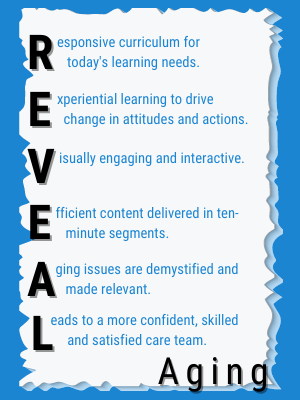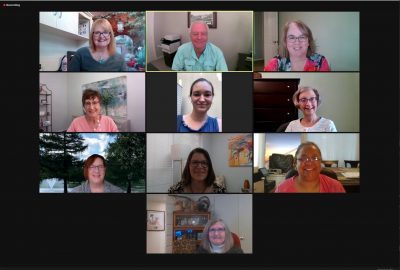
The Aging Services Industry faces a triple-whammy when it comes to workforce turnover and retention.
The first hit is the massive turnover that occurred and continues to occur because of the pandemic. Second, the turnover is on top of existing unfillable vacant positions. Thirdly, there are new entrants into the field who have no prior experience caring for older adults.
We don't want just warm bodies. Yet, providers had to scurry and pull from every corner to get to bare staffing requirements. Now, providers hang on hope that the good employees will not jump ship as the pandemic fades. What are we to do about this massive issue?
Much of the focus will continue to be on recruiting new employees, and rightly so. However, great attention needs to be given to how to keep the new, good employees. At the same time, it is critical to also maintain the spirit and engagement of the seasoned employees.







 Touch connects humans to each other, reduces stress, and communicates care and concern. Don't we all need a little more of this these days?
Touch connects humans to each other, reduces stress, and communicates care and concern. Don't we all need a little more of this these days?